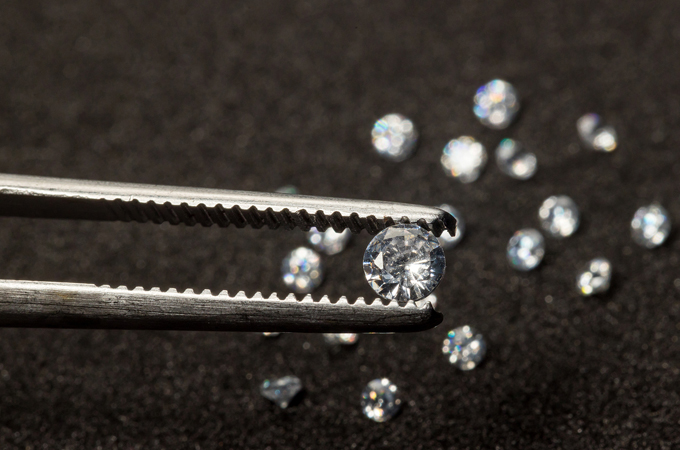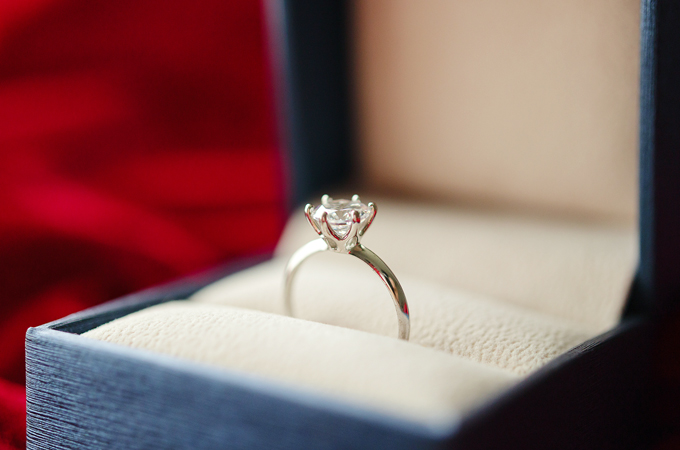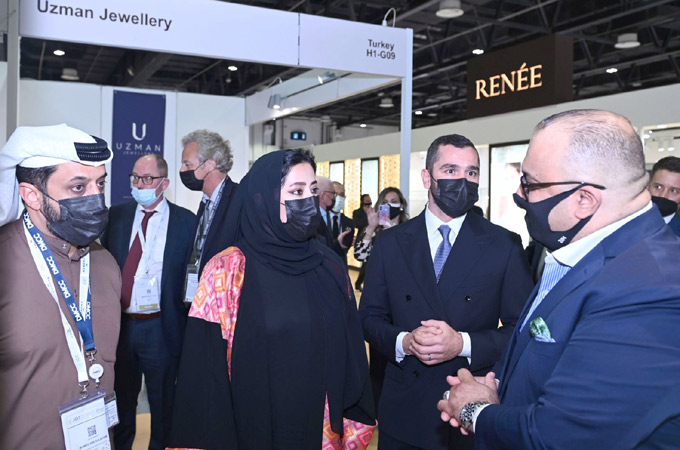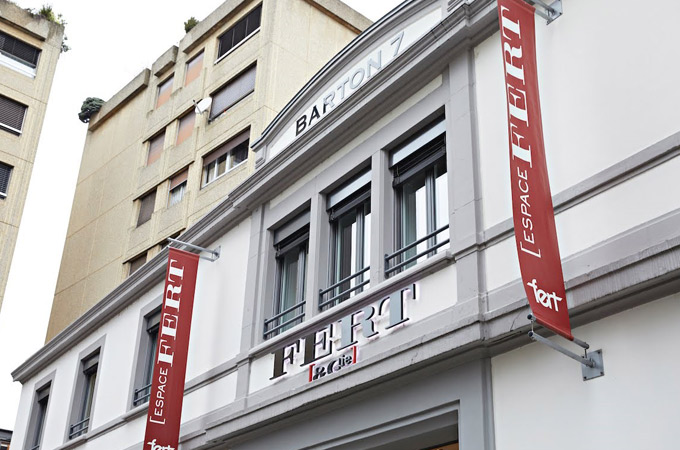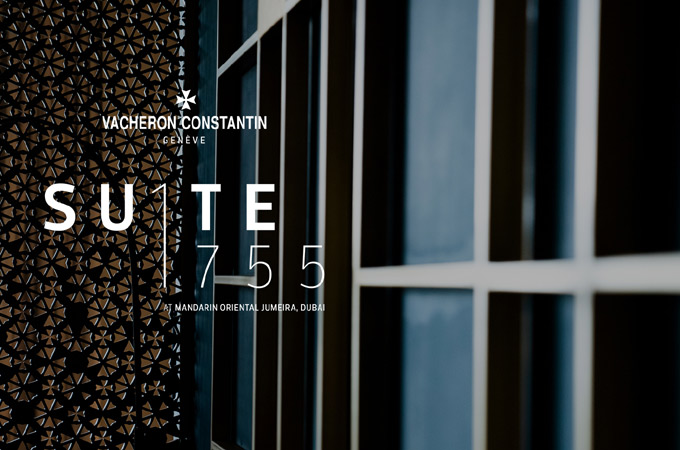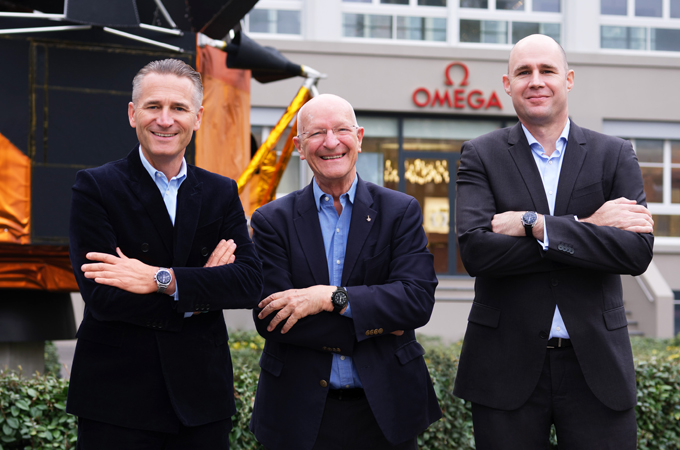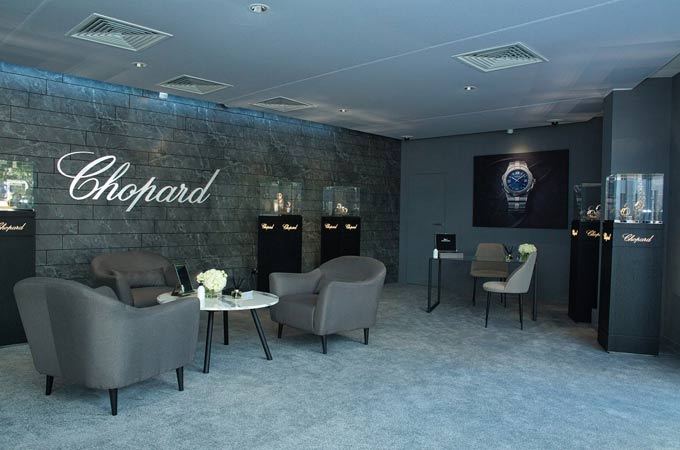Mon, Apr 11, 2022
The diamond industry saw a spectacular rebound in 2021 after a decline in 2020 due to the Covid-19 pandemic, when diamond jewellery sales fell by 14% and rough diamond sales by 31%.
Throughout 2021, revenue increased 62% in the diamond mining segment, 55% for cutting and polishing and 29% for diamond jewellery retail-all rising above pre-pandemic levels by +13, +16% and +11%, respectively.
“In 2021, the industry had a renewed sense of value, which was acknowledged through partnerships, consolidation, and technology. Now, every player along the value chain must add value-or remove hardship-on the path from mine to market. That said, the diamond market is expected to be strong through the first half of 2022, supporting growth across all segments. Two possible scenarios will then emerge: ‘continued rebound’ and ‘short-term readjustment’” said Pauline Coquet, a senior manager in Bain & Company Middle East’s Consumer Products and Retail practices.
These are among the findings of Bain & Company and the Antwerp World Diamond Centre’s (AWDC) 11th annual Global Diamond Report 2021-2022.
DIAMOND JEWELLERY RETAIL
2021 started with a strong Chinese New Year season and Valentine’s Day, two of the industry’s biggest yearly revenue draws. Customers’ urge for emotional gifting, increased savings and expansion of stores into additional cities boosted diamond jewellery purchasing. Online retailers saw a growth in sales, especially in Asia, as new channels opened for diamond jewellery sales. Demand grew even higher during the second half of 2021, in preparation for the winter holiday season.
Retailers also placed orders earlier than usual to refill depleted inventories in the second half of the year. This strong demand for diamond jewellery and depleted inventories from the previous year translated into price growth.
“2021 was a year of new highs in the diamond industry as retailers, cutters, and polishers and miners all saw an increase in demand and revenue growth,” said Olya Linde, a partner in Bain & Company’s Energy and Natural Resources practice and an author of the report. “Throughout the value chain, the industry experienced a recovery and boom at an unexpected speed, which has taken insiders by surprise.”
CUTTING AND POLISHING
In 2020, production was limited due to a decline in demand, with cutting and polishing players in India relaunching production in the first and second quarters of 2021 and starting to actively buy rough diamonds. Robust consumer demand, depleted inventories and strong balance sheets in the midstream contributed to higher demand for rough diamonds across the entire assortment range. Even previously underperforming small and near-gem quality diamonds sold well.
Overall, in 2021, after a fall in 2019 and 2020 of 7% and 11%, respectively, rough diamond prices grew by 21%. Prices for polished diamonds, which declined by 3% and 5% in 2019 and 2020, respectively, increased only 9% year over year. By the end of 2021, both rough and polished prices were close to pre-pandemic levels and historic averages but still below their historic maximums.
For the first time in several years, there was no shortage in diamond financing. With more liquidity, midstream players moved to cash sales and decreased their reliance on bank loans, reinvesting their profits into the business. Financial institutions extended financing with confidence in the industry. Some larger traders shifted their focus, making finance provisioning one of their largest sources of income, the report said.
ROUGH DIAMOND PRODUCTION
Since the start of the pandemic, rough diamond production has not increased much and has been relatively limited compared to previous years. As a result, rough diamond inventories are at minimal technical levels, as significant demand washed away what was accumulated during the pandemic and even more.
Key trends continued their pre-pandemic trajectories, namely the divergence of lab-grown diamonds from natural-mined diamonds and an increasing emphasis on environmental, social, and governance (ESG) agendas.
Lab-grown diamonds continued to diverge into a separate, more affordable jewelry category. The segment saw continued demand growth and price decreases relative to natural-mined diamonds as lab-grown diamond supply increased and technologies advanced.
ESG topics appeared on executive agendas across the value chain, with climate impact and origin transparency rising to the top. Both issues require cooperation between mining, cutting and polishing, and retail players.
The report said profit margins across the value chain quickly recovered to pre-pandemic levels, with upstream margins increasing roughly 9–11 percentage points reaching 2018–19 levels. The midstream and retail segments both achieved decade-high profitability, growing 3–5 percentage points and 6–8 percentage points, respectively.
Combined, mining and retail players generated $7 billion more profit in 2021 compared to 2020. This was a result of improved market conditions and operational excellence programs the industry undertook to combat lockdowns and competitive threats. The downstream also benefited from growth in more profitable regions, and an increase in online purchasing contributed to faster inventory turnover and lower operating costs.
“It’s needless to say that in 2021, the diamond industry made a magnificent comeback. High demand fueled the diamond price, pushing the market into a healthy position between supply and demand,” said Ari Epstein, CEO at AWDC. “It also shows how diamonds are intertwined with their symbolic value and how important it is that we keep telling the magnificent story of diamonds. The future of the diamond market will depend on a strong market that connects all stakeholders, from miner to retail with a strong focus on compliance, sustainability and innovation.”
LOOKING FORWARD
Demand for diamond jewellery and polished and rough diamonds is expected to continue to grow through the first half of 2022. The market anticipates a strong holiday season - strengthening consumer confidence in major markets -and limited supply of rough diamonds. In the medium term, demand for diamonds could be affected by government policies surrounding economic stimulus and travel restrictions, including lockdowns due to the ongoing epidemic situation. Notwithstanding, in 2022 the market is expected to demonstrate growth higher than the pre-pandemic period and return to historic growth pace by 2023–24, the report said.
Industry players must continue to pursue operational excellence programmes, invest in digital technologies and advance marketing concepts and the diamond jewellery value proposition to prepare for potential changes in market conditions, it added.



